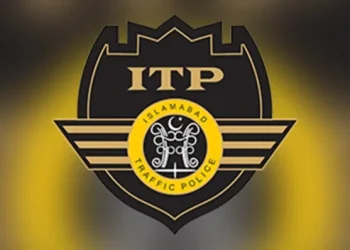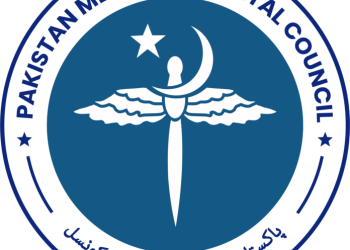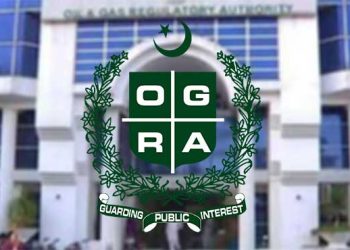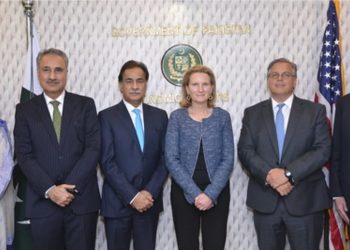DATELINE EXCLUSIVE
ISLAMABAD: A recent scandal involving corruption has come to light within the Benazir Income Support Program (BISP), leaving retired government officers entangled in a complex situation.
Following revelations of irregularities, authorities have decided to take legal action against individuals who have been receiving funds from both the Benazir Income Support Program and their pensions. This decision came after the Ministry of Interior granted permission to all relevant departments, responding to a request from the Benazir Income Support.
This comprehensive investigation spans across seventeen institutions, encompassing various bodies such as the Federal Investigation Agency (FIA), the Police, Rangers, Frontier Corps (FC), and the Coast Guard. As part of the investigation process, all of these institutions will meticulously profile retired employees who are suspected of being involved in this financial discrepancy.
The profiling stage will be followed by a thorough assessment to determine the extent to which these officers have been simultaneously benefiting from both pension payouts and the Benazir Income Support funds. Any individuals found to be in violation of the rules and regulations will face legal consequences, as cases will be formally registered against them.
This isn’t the first time the FIA has taken such measures. They have previously initiated investigations against various government employees suspected of similar financial improprieties. In this particular case, the funds obtained by these government employees will be reclaimed to support the Benazir Income Support Program.
The FIA has embarked on an initiative to scrutinize all zonal staff within their jurisdiction, in an effort to ensure transparency and accountability. Additionally, the directive has been issued to the police and other relevant institutions, urging them to expedite the submission of their reports to aid in the ongoing investigation.
As this corruption scandal continues to unfold, it highlights the critical need for robust oversight and accountability measures within social welfare programs, ensuring that the intended beneficiaries receive the support they rightfully deserve.



















